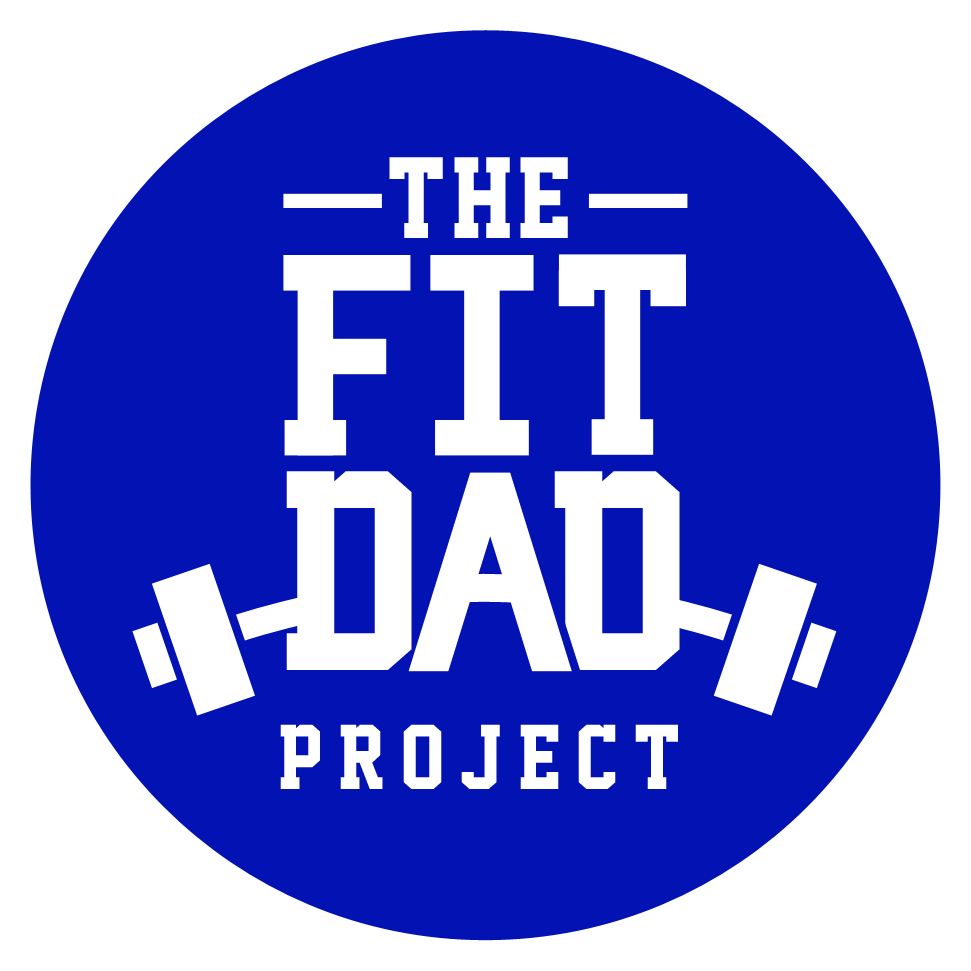The Ethical Dilemma: When Health Advice Turns Into Sponsored Content
The Ethical Dilemma: When Health Advice Turns Into Sponsored Content
I may be late to the party on this topic. But I need to have my say anyway. The rising trend of health professionals, specifically registered dietitians, promoting potentially harmful products for a paycheck.
The Credibility Trap
Have you ever scrolled through Instagram and found your favourite dietitian/fitness influencer/celebrity singing the praises of Diet Coke, assuring you that aspartame is as safe as water? And did you think, "If they are pushing it, it must be okay, right?"
I had the same thought until I came across the #SafetyofAspartame campaign. Shockingly, dietitians were getting paid by industry giants, represented by a trade group like American Beverage, to downplay the World Health Organisation's warnings on aspartame. That's right—money exchanging hands to tell you to ignore a global health institution. (Not that I trust them that much, either.)
Question to ponder: What other industries might be paying influencers to give bogus advice for profit?
Disclosure or Deception?
Federal Trade Commission guidelines clearly state that any form of sponsored content should be transparently disclosed. So, would a health professional adhere to that? Wrong.
Many influencers in the health sector conveniently skip that part, leaving their millions of followers in the dark about their vested interests. It raises ethical concerns that cut right into the integrity of the advice we're getting.
What instances can you think of where regulatory bodies accept money to influence studies?
Targeting the Youth
What's more heartbreaking is that these practices tend to sway the opinions of younger generations—the ones most susceptible to influence. Industry tactics now include contacting registered dietitians to extend their reach and manipulate young minds. And the message? It's often far from what actual science advises. Sugary foods, highly processed items, and unproven supplements get shilled, flying directly in the face of what we know about healthy eating.
Financial Temptation
Here's the kicker: the earnings from these sponsored posts are nothing to sneeze at. We're talking thousands to tens of thousands per post. Can you blame them? Well, yes, we can, especially when public health is at stake.
Filling the Regulatory Gaps
The speed at which the influencer industry has ballooned has left regulatory bodies scrambling. There's a stark lag in enforcement, and that's dangerous.
What could be the long-term consequences of such lax regulatory enforcement?
The Trust Deficit
Many followers have expressed feeling betrayed upon learning that the impartial health advice they trusted was nothing but a paid advertisement. The ripple effects of this erosion of trust are complex to gauge now, but they're bound to be damaging.
Time for a Reality Check
We need to start questioning the information served to us, significantly when it directly impacts our health and well-being. This investigation has cracked open the ethical dilemmas and potential conflicts of interest lurking in the shadows of legacy and social media.
The bottom line is trust but verify. Always dig deeper, especially when your health is on the line.
The lesson that has stuck with me from Paul Chek is, Is the person pushing this product or service a living example of what they are selling? If not. That is a no from me.
Final Thoughts
This topic hits close to home for me. I've spent years reshaping my life, fighting past bad habits and bad advice. To now live in a way that prioritises health and well-being. So, when I see professionals in the health industry, people we should be able to trust, engaging in practices that could mislead or even harm their audience, it stings.
Remember, just because someone is a 'professional' doesn't mean they're always right. Or that they don't have an agenda.
Share your thoughts and experiences on this. Have you ever followed advice from a health professional or celebrity online only to find out later it was a paid promotion for a product that could be better for you? Let's open this up for discussion. We need to hold people accountable for the advice they're giving, especially when public health is at stake.

